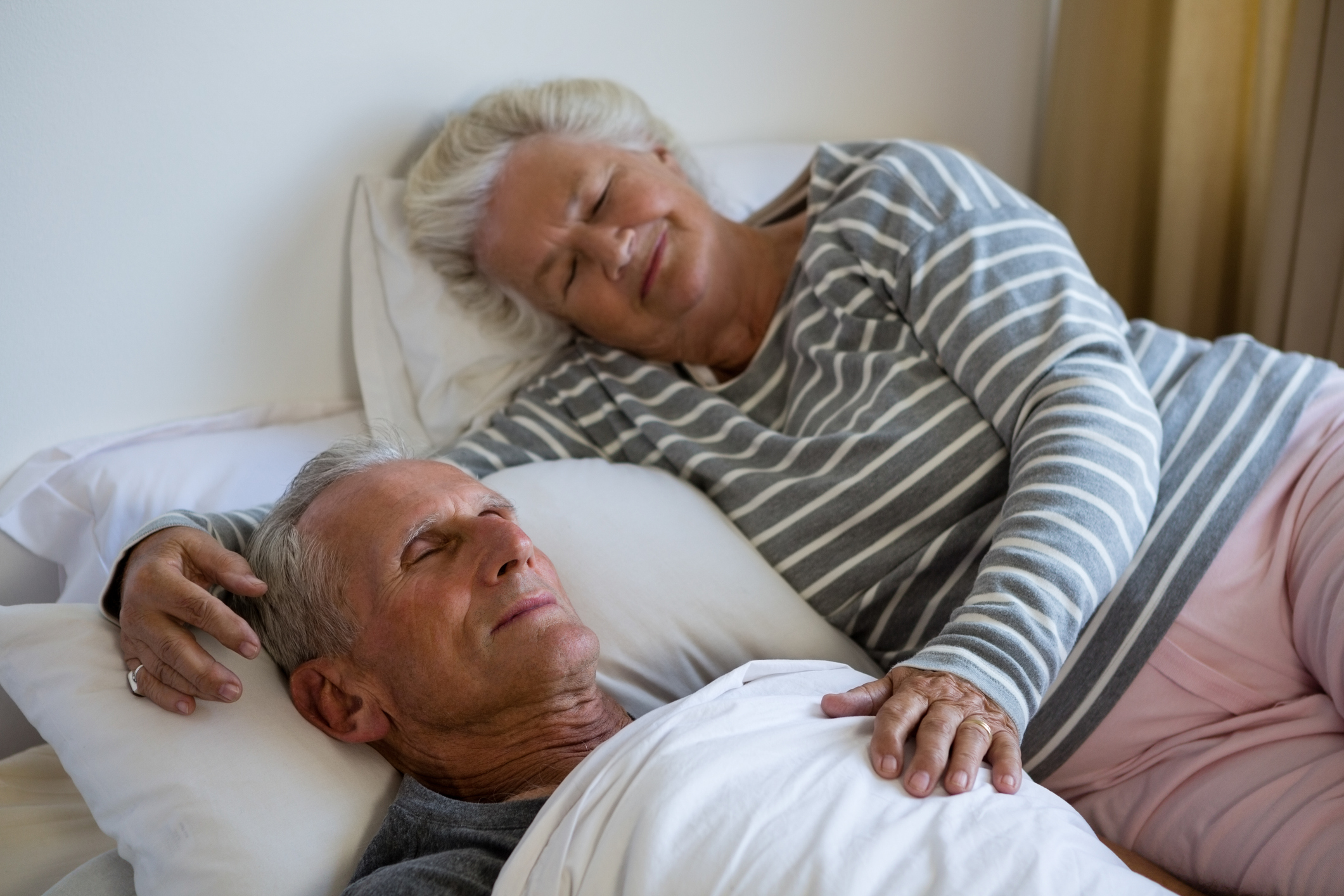Caregivers for elderly family members can be under overwhelming stress, especially when trying to balance work and the needs of older loved-ones. A recent study out of Sweden has found that sleep problems are often a result of caregiver stress and without treatment can lead to depression and other health problems.
A good night’s sleep, free from worry, may seem elusive to caregivers who are often older women themselves that may find themselves stretched to earn money, look after family and carve out time for self care. Researchers analyzed data from more than 12,000 working participants between 2010 and 2016 and found that men, whether caregivers or not, did not experience the same sleep disruptions including waking frequently throughout the night, restless sleep or difficulty falling asleep that women reported.
Sleep problems are common in older age but when combined with unpaid caregiving, especially for loved-ones with dementia, caregivers’ health can suffer. Informal caregivers noted that they experienced physical pain, chronic illness, poor health and depression. Within a year of stopping caregiving, researchers found that there was a decrease in sleep problems reported.
What does all this data tell us? With a rapidly growing senior population increasingly depending on informal, unpaid caregivers, it’s up to all of us to provide support to those giving care. Offering respite care for caregivers to find time to go to the doctor, get regular exercise or enjoy leisure activities will help older adults remain independent longer and prevent a cascade of health problems for caregivers and seniors.
Tips for Better Sleep
- Create a bedtime ritual to unwind
- Turn off screens an hour before bed
- Create a bedroom sanctuary that is quiet, dark and not too hot or cold
- Limit caffeine and alcohol during the afternoon and evening
- Get outdoors for natural sunlight during daylight hours
- Try to get 30 minutes of exercise like brisk walking each day






Add Your Voice
0 Comments
Join the Discussion